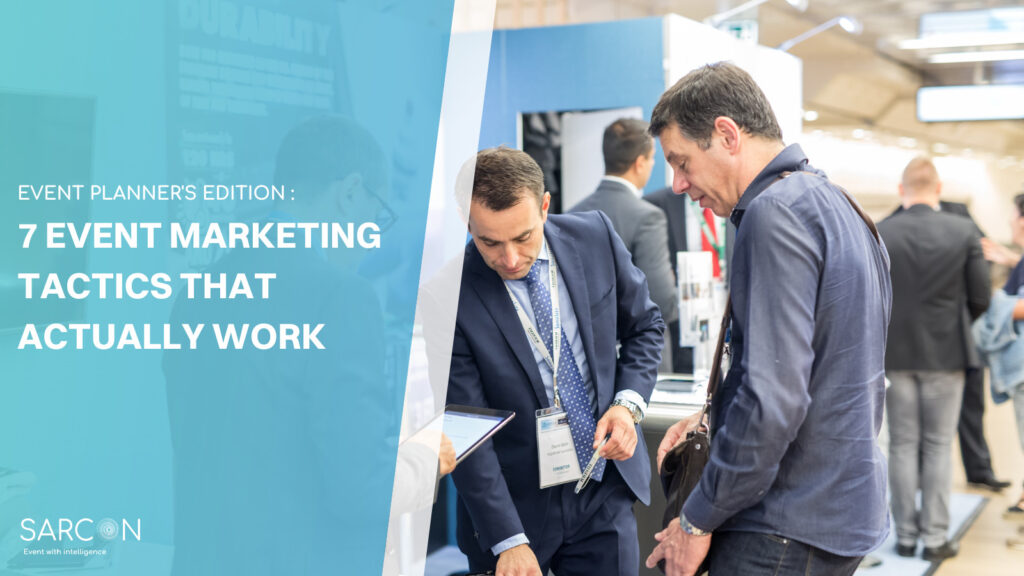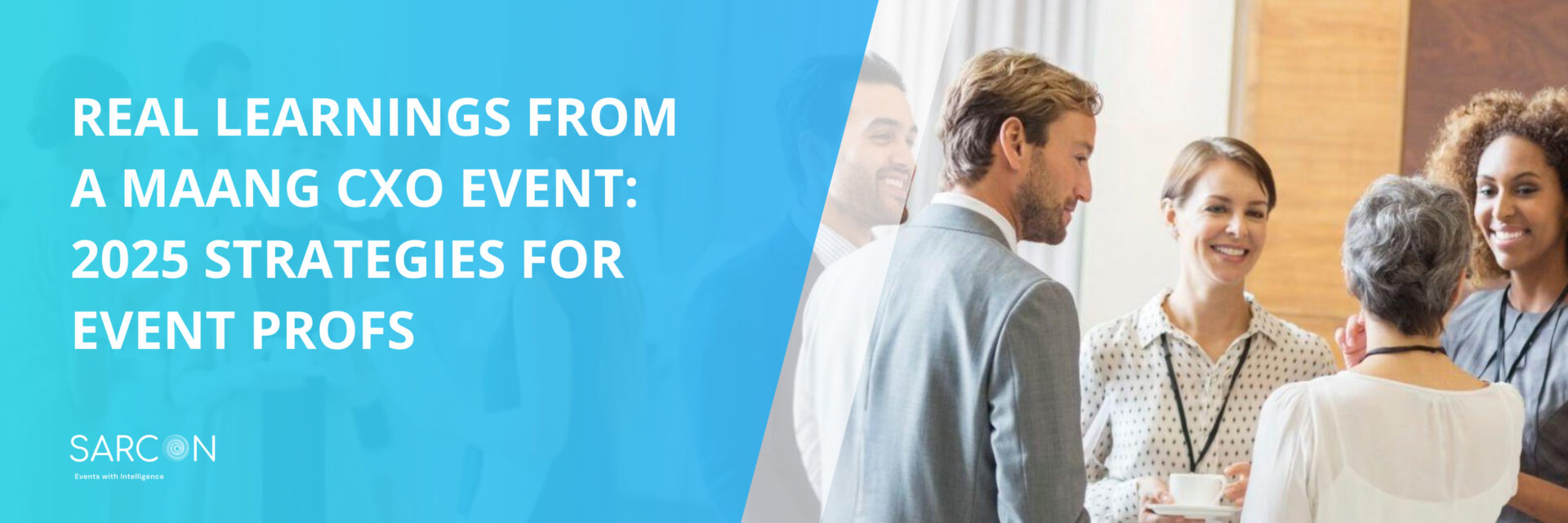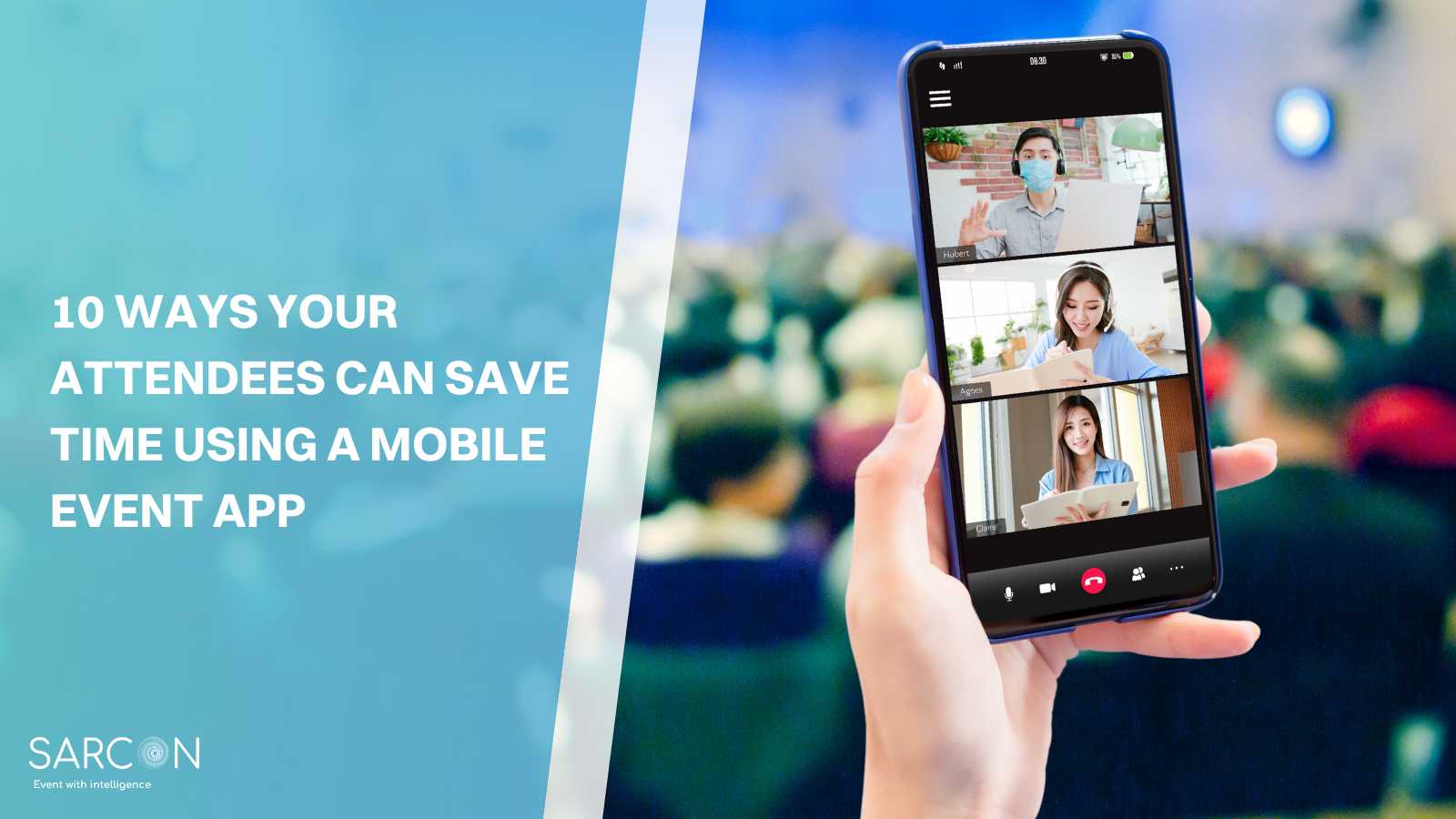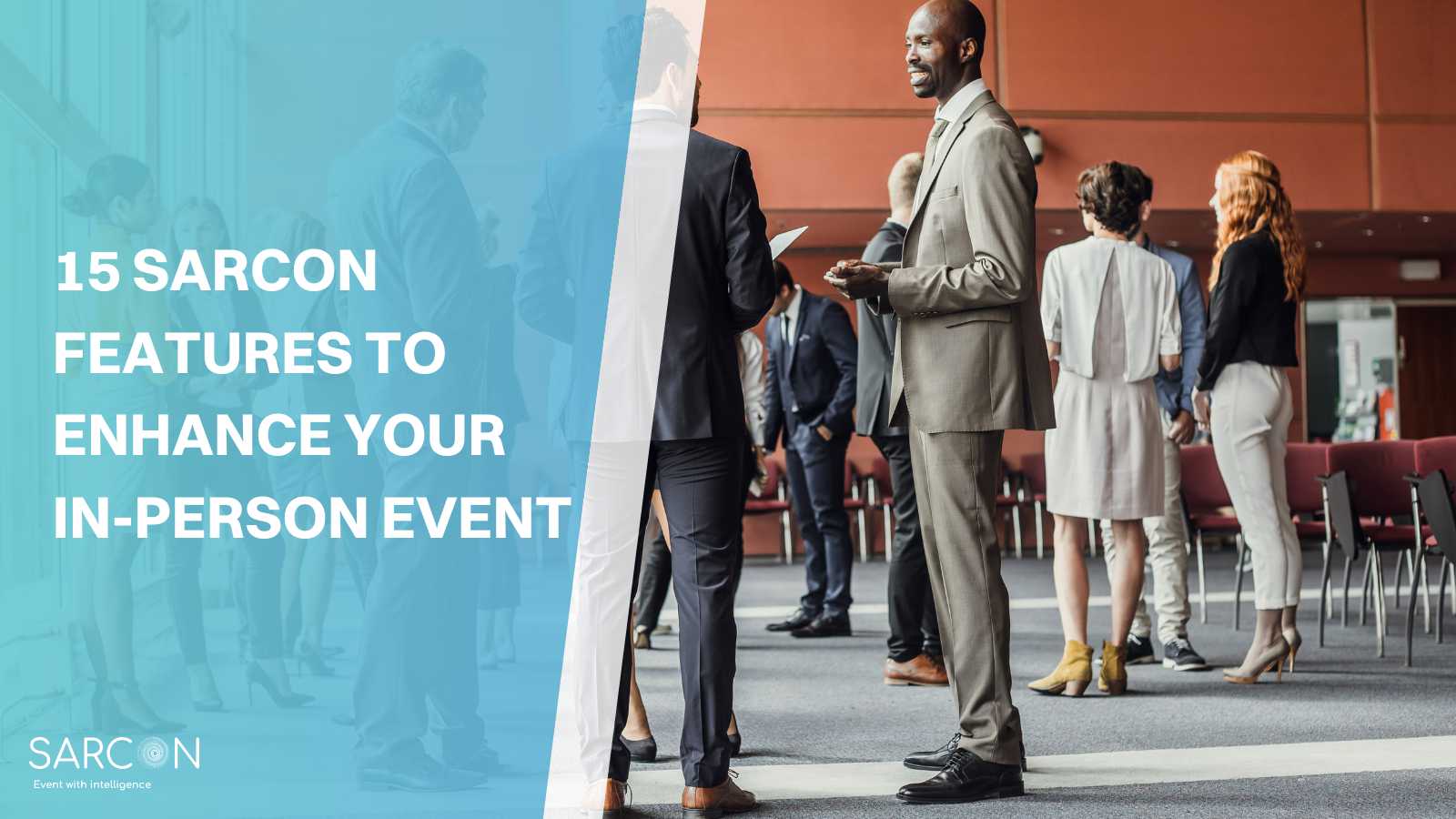In the ever-changing landscape of event marketing, the old adage “adapt or get left behind” rings truer than ever. The traditional methods that once guaranteed success are now being eclipsed by the immense potential of digital marketing. Whether you’re planning an in-person gathering, a virtual extravaganza, or a hybrid event, understanding and harnessing the power of the digital realm is the key to unlocking unprecedented success.
Gone are the days of distributing flyers and hoping for the best.In this comprehensive guide, we will explore seven powerful tactics that actually work for event marketing in the digital age. From social media amplification to immersive virtual experiences, these tactics are designed to increase attendance, engage the audience, and create lasting impressions.
Tactic 1: Crafting an Irresistible Event Website
Your event website serves as the digital front door to your event. It’s essential to create a visually appealing and user-friendly website that captures the essence of your event. Use high-quality images, engaging videos, and persuasive copy to entice potential attendees. Incorporate LSI keywords strategically in your website content to enhance search engine visibility. Include essential details such as event agenda, speakers, ticket information, and testimonials from past attendees. Ensure your website is mobile-responsive to cater to smartphone users.
For more information read : How To Create an Event Page That Boosts Registrations
Tactic 2: Leveraging Social Media Buzz
Social media is a powerful tool for spreading the word about your event. Create dedicated event pages on platforms like Facebook, LinkedIn, Twitter, and Instagram. Share engaging content regularly to build anticipation and excitement among your target audience. Utilize event hashtags to encourage user-generated content and promote viral sharing. Collaborate with influencers and industry thought leaders to extend your reach. Remember to respond promptly to comments and messages to foster meaningful interactions.
Tactic 3: Harnessing the Power of Email Marketing
Email marketing remains a potent channel for event promotion. Build a segmented email list and craft personalized messages that resonate with each group. Use eye-catching subject lines to increase open rates. Send out timely reminders, exclusive offers, and sneak peeks to keep your audience engaged. Incorporate a clear call-to-action (CTA) in your emails, guiding recipients to register or explore more about the event.
Tactic 4: Hosting Webinars and Virtual Events
Incorporating webinars and virtual events into your marketing strategy offers tremendous benefits. These online gatherings allow you to connect with a global audience and eliminate geographical barriers. Engage your audience with interactive sessions, live Q&A, and expert panels. Make use of professional webinar platforms to ensure a seamless experience. Record the sessions for on-demand viewing and extend the event’s lifespan.
For more information read : 7 Tips for Hosting a Successful Webinar in 2023
Tactic 5: Gamification for Increased Engagement
Gamification, in its essence, adds a thrilling layer of fun and competition to your event. Create games, quizzes, and challenges related to your event’s theme. Offer incentives and rewards to participants, such as discounted tickets or exclusive access to content.
The key to successful event gamification lies in the Mobile Event App. By providing a dedicated platform accessible on smartphones and tablets, you enable attendees to participate anytime, anywhere, throughout the event’s duration. This accessibility not only boosts engagement but also extends the event experience beyond the event’s physical confines, making it ideal for in-person, hybrid and virtual events.
For more information read : How you can use Mobile Event App to Gamify your Events
Tactic 6: Influencer Marketing for Credibility
Leverage the power of influencer marketing to build credibility and trust for your event. Identify influential figures in your industry and collaborate with them to promote your event. Influencers can create authentic content, vouch for the quality of your event, and attract their loyal followers to participate. This strategy can significantly amplify your event’s reach and credibility.
Tactic 7: Real-time Social Walls
Real-time social walls are digital displays that showcase social media content related to your event in real-time. Integrate social walls at the venue and on your event website to encourage attendees to share their experiences, thoughts, and photos. This interactive feature boosts audience engagement and creates a sense of community among attendees. Additionally, social walls provide valuable user-generated content for post-event marketing.
Conclusion
Event marketing in the digital age demands a holistic approach that integrates various tactics to create impactful experiences. By leveraging a compelling event website, social media buzz, email marketing, webinars, gamification, influencer collaborations, and real-time social walls, you can maximize attendance, engagement, and success. Stay updated with the latest digital trends and continuously innovate your event marketing strategies to stay ahead in this dynamic landscape.
FAQs:
What are the benefits of incorporating digital tactics into event marketing?
By incorporating digital tactics, event marketers can access real-time analytics, personalize communication with attendees, expand their reach beyond physical boundaries, and create interactive and immersive event experiences that leave a lasting impact.
What role does live streaming play in digital event marketing?
Live streaming allows events to reach a global audience, enabling remote attendees to participate virtually and experience the event in real-time. It creates inclusivity and extends the event’s impact beyond physical attendees.
How can virtual reality (VR) be incorporated into event marketing?
Virtual reality can be used to create immersive experiences, virtual booths, and product demonstrations, enabling attendees to engage with brands and products in unique and interactive ways.
What should be included in an event mobile app for effective marketing?
An event mobile app should include event schedules, speaker information, interactive maps, networking features, real-time updates, and personalized agendas, enhancing attendee engagement and overall event experience.



